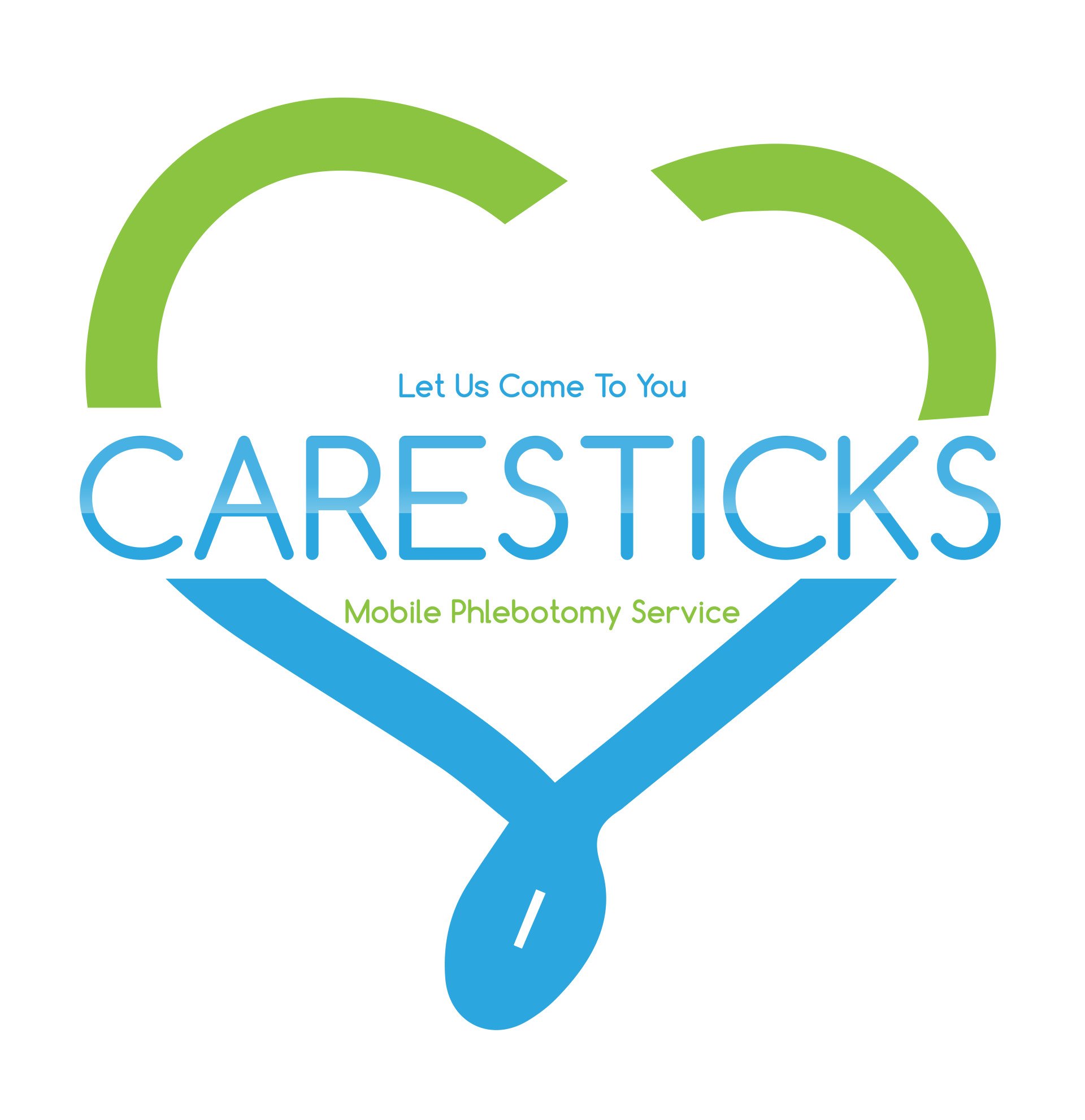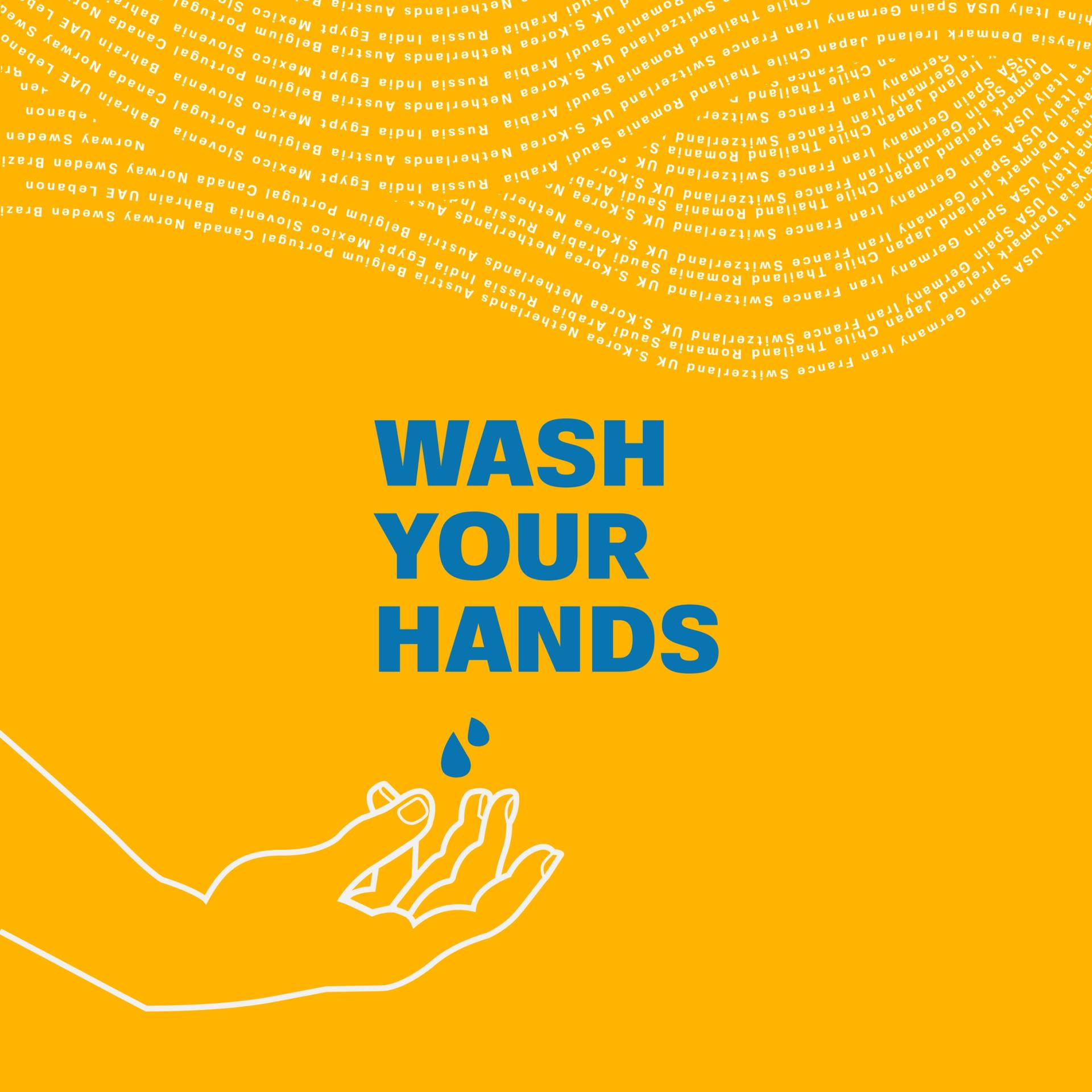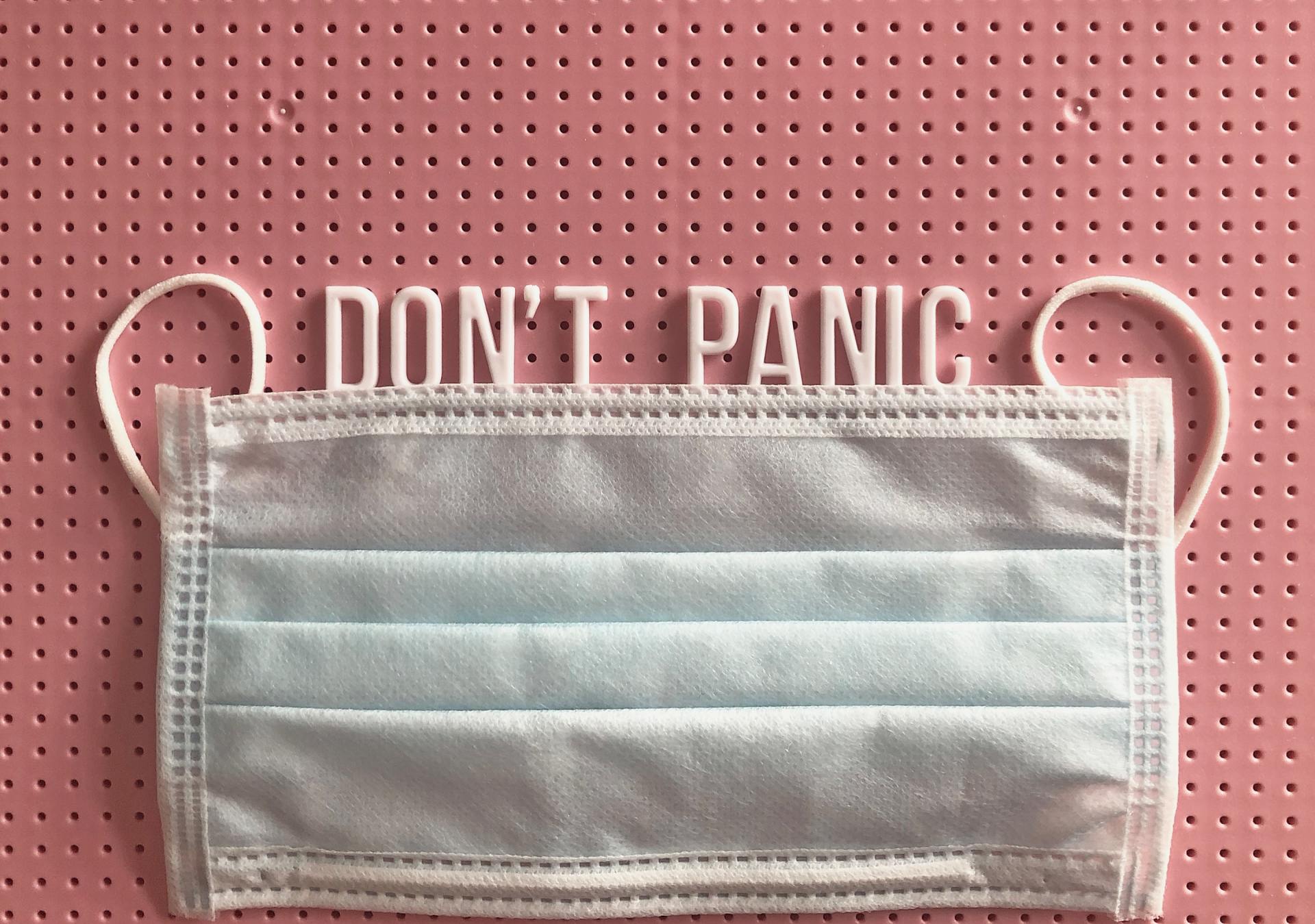Should You Get Tested for COVID-19?
COVID-19 affects different people in different ways. Infected people have had a wide range of symptoms reported – from mild symptoms to severe illness. Mobile COVID collection staffing and collections available.
What You Should Know
Anyone can have mild to severe symptoms. Older adults and people who have severe underlying medical conditions like heart or lung disease or diabetes seem to be at higher risk for developing more serious complications from COVID-19 illness.
Signs & Symptoms
- Fever or chills
- Cough
- Shortness of breath or difficulty breathing
- Fatigue
- Muscle or body aches
- Headache
- New loss of taste or smell
- Sore throat
- Congestion or runny nose
- Nausea or vomiting
- Diarrhea
This list does not include all possible symptoms.
MEDICAL QUESTIONNAIRE
Fill out the following form to help us understand your physical condition as relates to COVID-19.
What is the Difference Between
Influenza (Flu) and COVID-19?
Influenza (Flu) and COVID-19 are both contagious respiratory illnesses, but they are caused by different viruses. COVID-19 is caused by infection with a new coronavirus (called SARS-CoV-2) and flu is caused by infection with influenza viruses. Because some of the symptoms of flu and COVID-19 are similar, it may be hard to tell the difference between them based on symptoms alone, and testing may be needed to help confirm a diagnosis. Flu and COVID-19 share many characteristics, but there are some key differences between the two.
While more is learned every day, there is still a lot that is unknown about COVID-19 and the virus that causes it.
Ways to Protect Yourself and Others From COVID-19
This "virus" is likely to be with us for months or years. Developing healthy habits is a good long-term strategy for keeping our community healthy. And, don’t forget, COVID-19 is not the only germ in town. Seasonal influenza, colds, and other viruses will continue to be a concern, so good hand hygiene and proper disinfection practices are habits that never go out of season.
When to Call Your Doctor
Call your doctor if you think you or a family member may have a SARS-CoV-2 infection or if you have any symptoms of COVID-19. Be watchful for worsening symptoms if you or your loved one has an underlying condition that may give you a higher chance of getting severe COVID-19, such as:
- Asthma or other Lung Disease
- Diabetes
- Heart Disease
- Low Immune System




